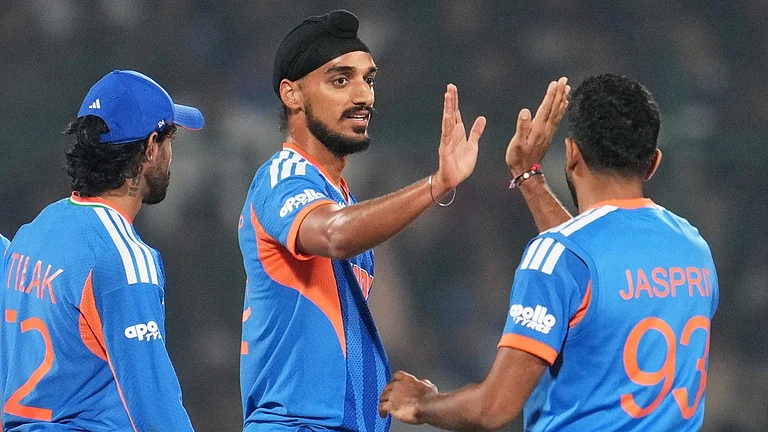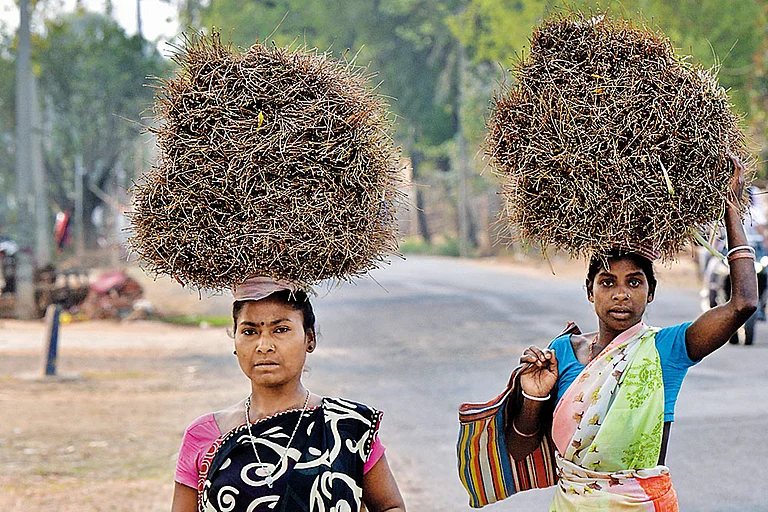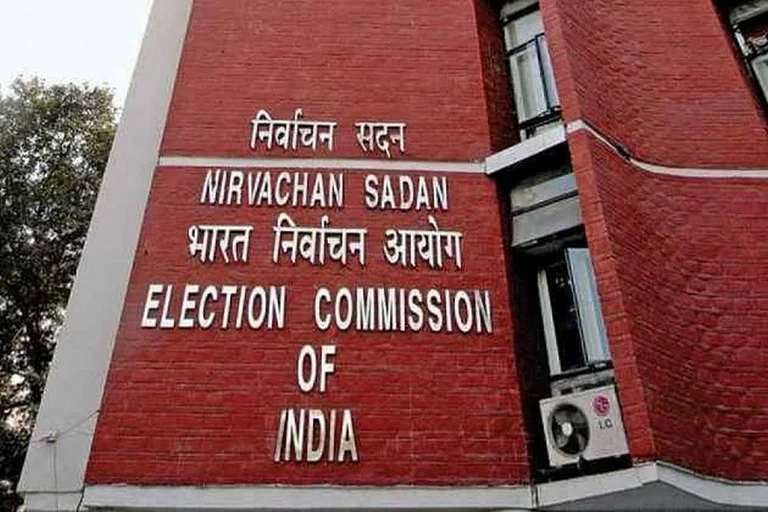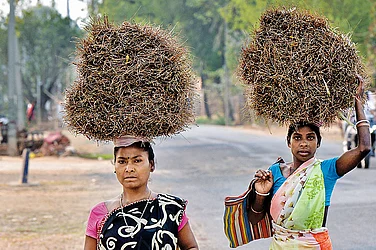A third of families in Bihar earn Rs 6,000 or less a month, according to the detailed report of the Bihar Caste Survey presented to the state assembly on Tuesday.
As per the report, tabled by parliamentary affairs minister Vijay Kumar Chaudhary, the state was home to about 2.97 crore families, out of which more than 94 lakhs (34.13 per cent) were poor, earning Rs 6,000 or less a month.
The report also found significant poverty among the upper castes, although the percentage of impoverished individuals was notably higher among backward classes, Dalits, and tribals.
In the wake of such findings, CM Nitish Kumar has pitched for increasing quota for the Dalits, tribals, and other backward classes (OBCs). In a debate in the state assembly, Nitish on Tuesday said that he is of the opinion that quota for OBCs needed to be raised from 50 to 65 per cent while for the SCs and STs, which together account for a 17 per cent quota, the limit should be raised to 22 per cent, reported PTI.
"We will do the needful after due consultations. It is our intent to effect these changes in the current session," said Nitish, as per PTI.
Another important finding was that more than 50 lakh Biharis were living outside the state in search of livelihood or better education opportunities. Those earning a living in other states numbered around 46 lakhs while another 2.17 lakhs have found greener pastures abroad. Those pursuing studies in other states numbered about 5.52 lakhs while about 27,000 were doing the same abroad.
The preliminary findings of the caste survey were released on October 2. The Nitish Kumar government ordered the exercise following the Centre's reluctance to hold a caste census.
The preliminary findings had established that OBCs and Extremely Backward Classes (EBCs) constituted more than 60 per cent of the state’s total population, while the upper castes accounted for about 10 per cent.
The details tabled in the assembly showed that the rate of poverty among the upper castes, at more than 25 per cent, was quite pronounced. The most well-off Hindu upper caste were the numerically miniscule Kayasthas. Only 13.83 per cent of families from the largely urbanised community were poor. The poverty ratio was surprisingly high for the Bhumihars (27.58), believed to be the biggest land-owning caste of Bihar, who also dominated the state's politics until the Mandal wave of the 1990s threw up a new power structure.


























